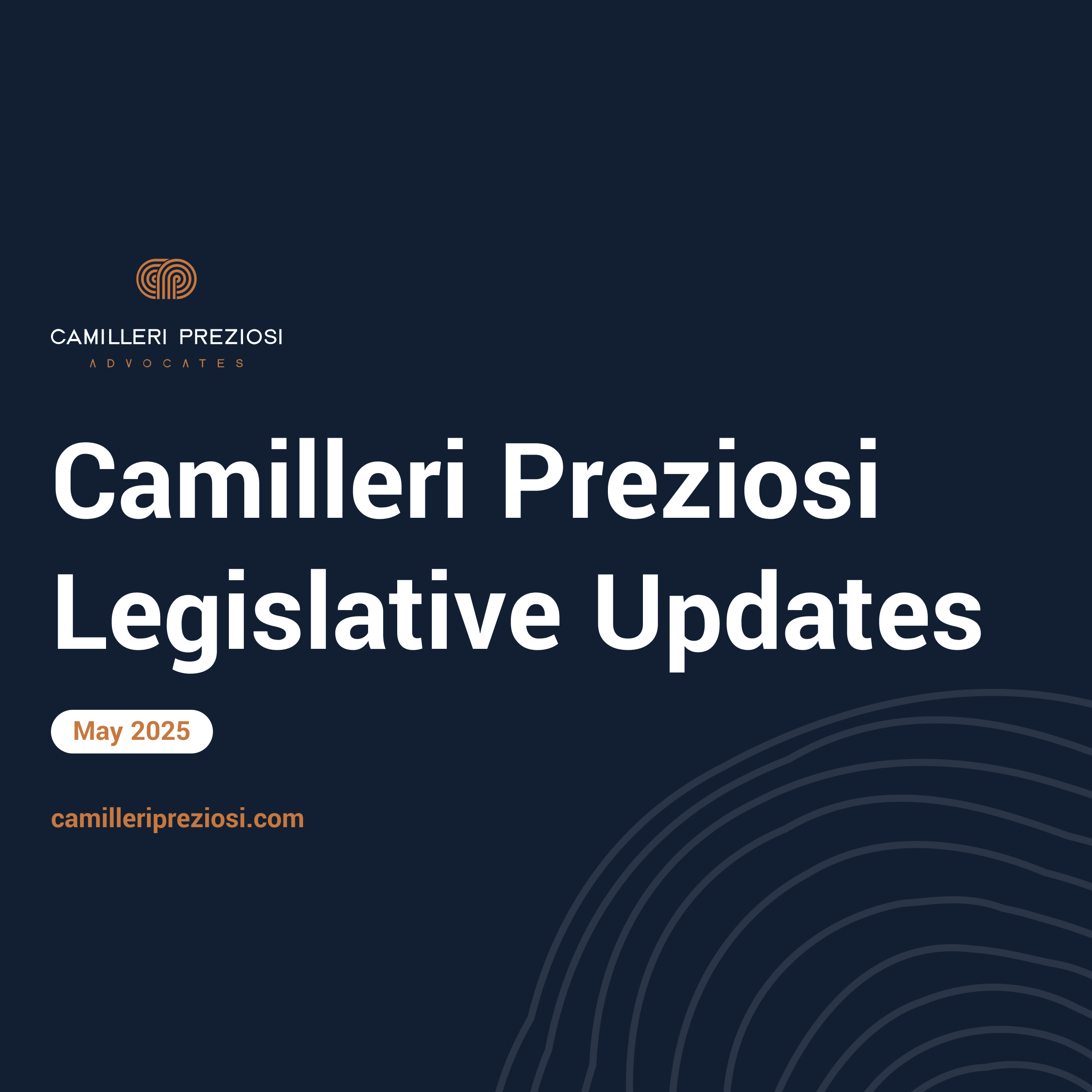
It is without a doubt that the bespoke 4-day workweek model is appealing to the employee. Who would say no to an extra day off, to do just about, anything? I certainly wouldn’t. But should we really be trumpeting this new way of working? Will it really give us the results we are hoping for, or is it just another trend, that will wear off, create new obstacles, bringing us back to this same spot, on the look-out for that workable, comfortable, yet flexible but all the while money making alternative?
We’ve been hearing of a number of countries that have been absorbing and experimenting with this new 4-day model. And whilst (don’t get me wrong), it is great to see employers acknowledging the challenges that employees experience when trying to find that balance between the complexities of life and work, by introducing new modes of working to solve this, the question that keeps buzzing at the back of my head, is whether this is a one-size-fits all model that will eliminate all the hurdles that are causing the work-life scale to seesaw so drastically from one end to another, completely missing out on that perfect, fairy tale balance.
Whilst perfect (and fairy tale) is a too-good-to-be-true kind of word, what we should be striving towards is perhaps a more sustainable and long-term workable regime. If someone had to tell me today, to force my working week into a four-day week, all I can say is “Are you kidding me?”. This would mean, less time for myself during my four-day work week, added pressure to try and finalise my to-do-list in a shorter period of time, tighter deadlines, and a very high probability that after all this, I will end up working on my fictitious 5th day off. Not to mention the fact that clients unaccustomed to such systems, may either persist on the timelines they have been used to since practically time immemorial, or otherwise engage alternative providers, who can fulfil their needs. *Rant over - The End*
Of course, certain employers may have the flexibility to work with this system, but perhaps a more workable regime that can give employees the work-life balance, or rather the life balance, they truly aspire to, is one that is moulded on a trust-based relationship. In this manner, rather than directing our focus on mandating rules and procedures to fit in boxes, which anyway tend to create more pressure and anxiety in employees, it might be worth considering a shift in our mindset towards a more flexible and effective approach. There is no doubt that one of the greatest achievements for an employer is a relationship based on trust. Understandably, trust doesn’t happen overnight, nor is it achievable with everyone to the same level, but it is a process that requires work and patience and sometimes even that little bit of risk we are so reluctant to take, but which will certainly render fruitful results.
In this Shangri-la, employers will feel comfortable enough to allow their employees to explore the skill of adaptation. By training employees towards a level of professional maturity, it will allow them to adapt their priorities and responsibilities according to the exigencies of the employer, allowing them the freedom to adapt their working days as needed, thereby giving them the freedom to live-work flexibly, all the while contributing towards the employer’s mission for success. As long as the job gets done well, why should an employee be restricted from using their time to practically live every day and from using their time off, even if it means during the week when they require it?
This method of working is structured on what is dubbed as the servant-based leadership model where the employer’s first and main focus is that of investing in its employees’ and the organisation’s success – cultivating inspiration and motivation. A servant leader works by demonstrating a level of care toward employees, putting employees first, focusing on the relationship, by demonstrating a level of care that is often neglected in an employer-employee relationship. It is this sort of approach that makes work a less stressful experience, resulting in better performance from employees and more successful outcomes.
Opportunities today are vast and very easily replaceable. Mindful employees will not settle for anything that comes their way, especially if they feel constrained by strict rules and procedures, limiting flexibility. You want your employees to feel appreciated, to work creatively, and to feel trusted. It is once you appreciate and trust your employees, who return the sentiment, that you will start seeing productive results, it is then that you will get your fairy tale ending – your happily ever after.






